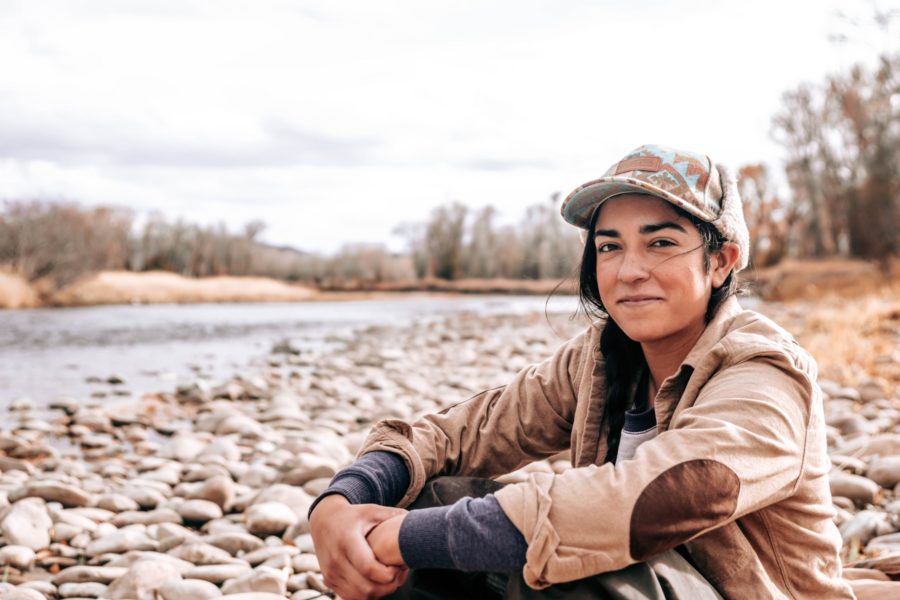
Any celebration is an opportunity for joy, but the fall and winter holidays–held as the days get shorter–are difficult for many. In addition, thousands in our communities are impacted by the worsening opioid crisis and require our support and caring.
There are many reasons for feeling stressed, anxious, or depressed this time of year: waning sunlight, grief or loss, financial issues, the over-commercialization of the holidays, or the pressure to live up to an ideal. It’s a lot on a good day, but add in the continuation of the coronavirus pandemic and the opioid crisis and we can see that the risk for behavioral health issues is higher than usual.
Researchers have long noticed lowered mood this time of year combined with fewer reaching out for mental health (MH) help–then a rebound in the new year when people look for therapy and support groups. Patterns have traditionally been similar when it comes to substance use disorders (SUDs). The impacts of COVID-19 have changed these cycles by worsening both MH and SUD symptoms, and in some cases, delaying or preventing seeking help.
The results of these factors include an increase in depression, anxiety, substance use, and gambling, with notable rises in opioid and stimulant use. In fact, deaths from opioid overdoses reached 100,000 in a 12-month period for the first time in recent history, despite success in overdose prevention in the years leading up to the pandemic. We can, however, take steps to increase our mental wellness, honoring the difficulties our nation is experiencing while finding some joy this winter.
An important emotional skill is being able to acknowledge the contradiction, or dialectic, between what feels hard and what feels festive and enjoyable. Both can exist at the same time, and one does not cancel out the other. Additionally, give yourself permission to fully embrace the importance of behavioral health. Our culture stigmatizes mental health and addiction care while it normalizes treating our physical health. Nothing is more powerful than speaking openly of your own depression, anxiety, or alcohol use. And nothing is more caring than asking about the mental health and addiction recovery of your family members, friends, neighbors and co-workers.
All of the traditions that give us our fall and winter holidays emphasize the deep meaning to be found in caring about other people. During Hanukkah, Christmas, Kwanzaa, and New Year’s we may share meals, give gifts, and celebrate unity and community. Extend your holiday care to include your own and your loved ones’ emotional well-being, and know that we at Compass Mark care as well.
Struggling with your own or someone else’s substance use or gambling? Contact our Information & Referral Team for support Monday – Friday / 9am-5pm. (717) 299-2831 / info@compassmark.org